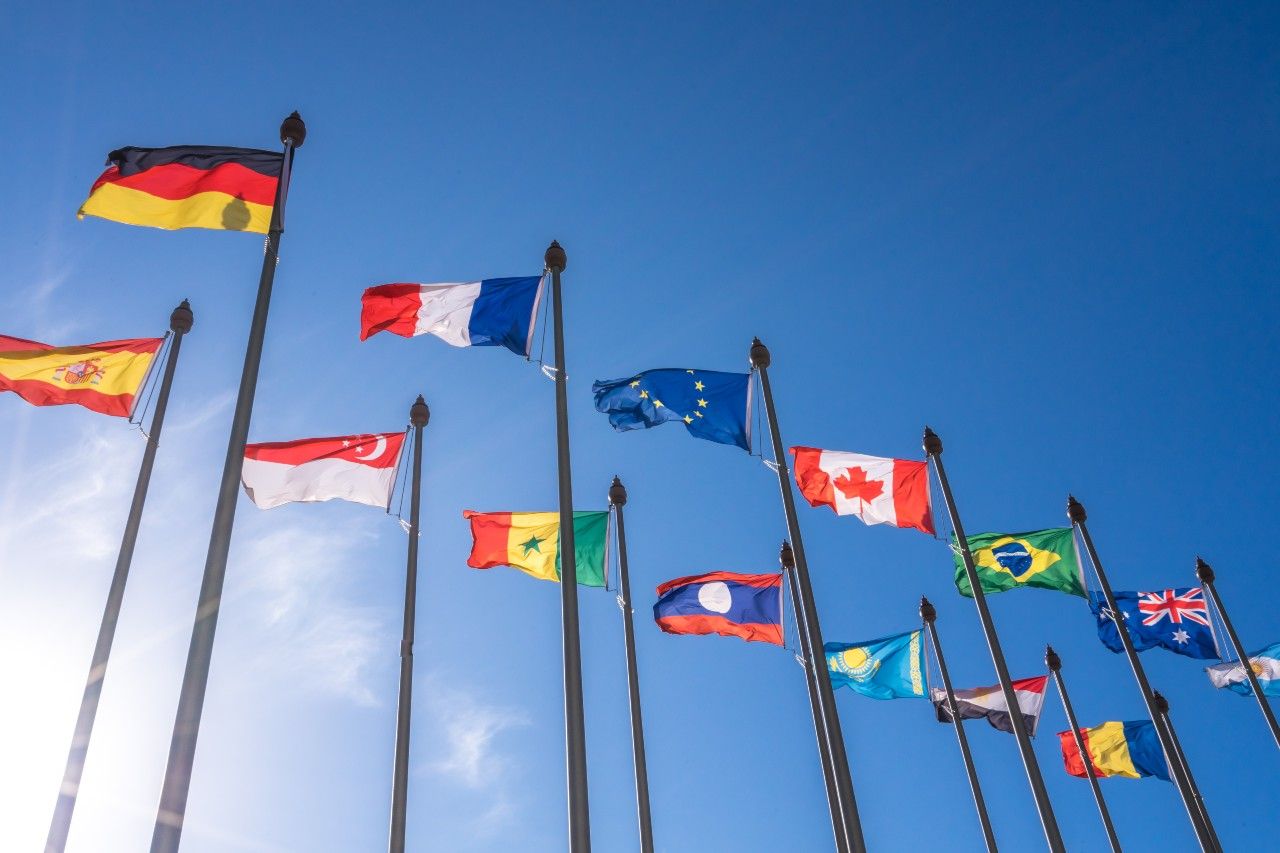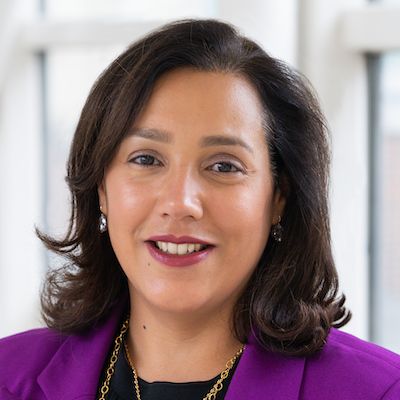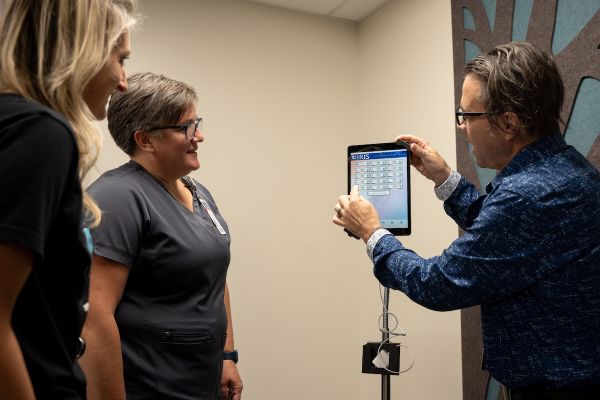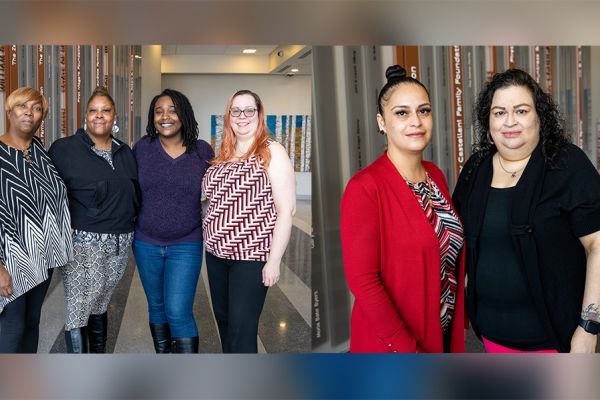There are many barriers that might make it difficult for someone to access the healthcare they need: transportation, lack of insurance, fear, etc. But it’s the uncertainty that someone in a position to help might not be speaking a language you understand that could be among the largest impediments to seeking out medical help.
"Off the bat, one of the biggest things for us, regardless of the type of cancer, is that we’re providing access to care for the Hispanic and Latino communities in the language they speak, whether that’s interpreter services or handouts,” says Elisa Rodriguez, PhD, MS, Director of the Community Engagement Resource at Roswell Park Comprehensive Cancer Center. “People need to feel comfortable and feel welcomed in the first place because that’s important.”
Having access to information about cancer screenings in Spanish is a priority for Dr. Rodriguez. “That, to me, is number one, that people understand the language, that they are able to feel comfortable and ask questions and make informed decisions about their healthcare and cancer-specific care, and then we can address other barriers.”
The best information in the world, with clear details about risks, symptoms, the need for regular cancer screenings and where to go for testing, is not going to be useful if it is provided in English but the person concerned about their health speaks another language exclusively.
Spanish-language services and information available at Roswell Park
Language is part of culture and might be a factor in the higher rates of cervical and other gynecological cancers in the Hispanic community in Western New York and other parts of the country, Dr. Rodriguez says. “We see advanced cervical cancers in high rates among Latinas and African American women that we should not even have to get to because of cervical cancer screening and other programs that are in place, but there are issues with access and healthcare that prevent folks from accessing those tests.”
Roswell Park has a Spanish-language outreach program specifically to help address this barrier to care. Esperanza y Vida, Spanish for "Hope and Life," reached and interacted with nearly 1,000 community members across Buffalo in 2023 through community education and outreach efforts and helped 200 women make appointments for their annual screening mammograms.
“My work is getting out there and getting into the Hispanic community and educating them and helping them get into the screening programs. We can help them get an interpreter when they come for their mammograms and other appointments,” says Jomary Colon, a Senior Patient Care Navigator and Project Coordinator Esperanza y Vida. She and her sister, Isnory Colon, are often found out in the community at health fairs and other events, in addition to going door-to-door in Buffalo’s West Side to provide cancer-related information.
“We’ve been doing this for a long time now. We do screenings, we help with research and when I’m asked to help find Spanish-speakers for research projects, the first thing I ask is whether they have information in Spanish, because if you don’t have it in their language, they won’t participate,” Jomary says.
During health fairs and community events, Esperanza y Vida provides handouts and info sheets about cancer in Spanish; every new patient that comes into Roswell Park is asked to indicate their primary language and, when needed, interpreters are available to go to appointments with them and translate the important information provided by doctors, Jomary says. Other translation services are available via special tablets patients can use during appointments if an interpreter is not immediately available.
“It doesn’t matter if you don’t speak English, that’s one thing I always tell people. We will help you; it doesn’t matter what language you speak,” she says.



